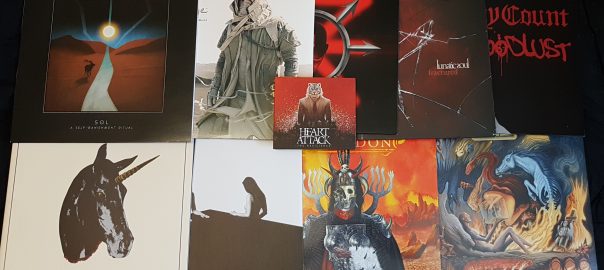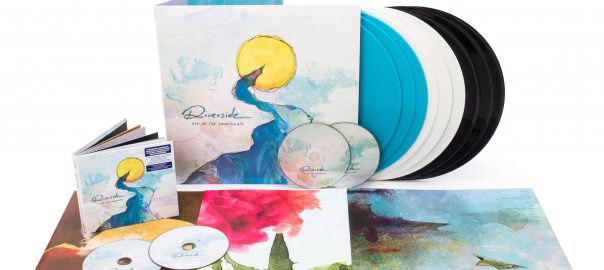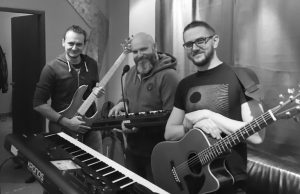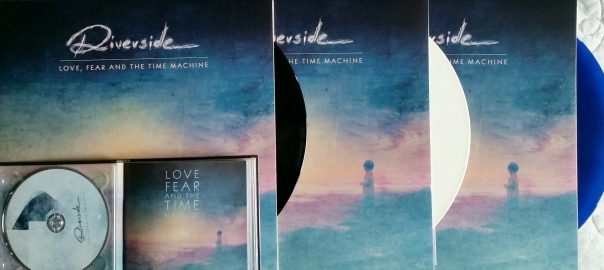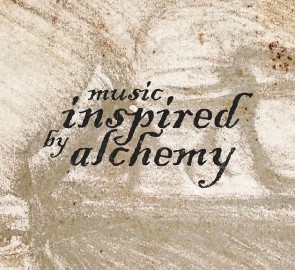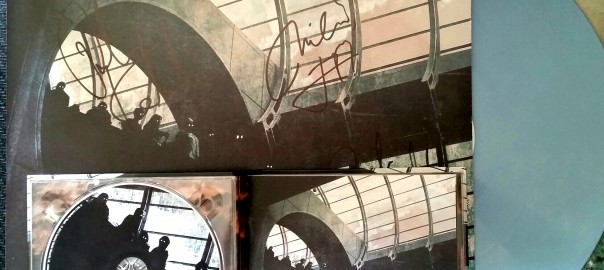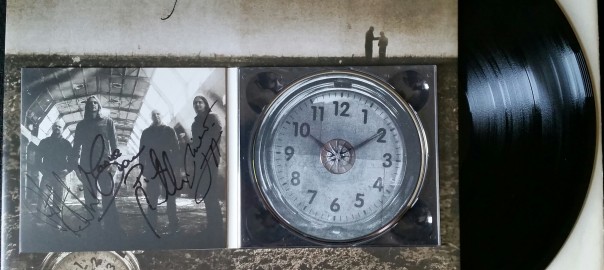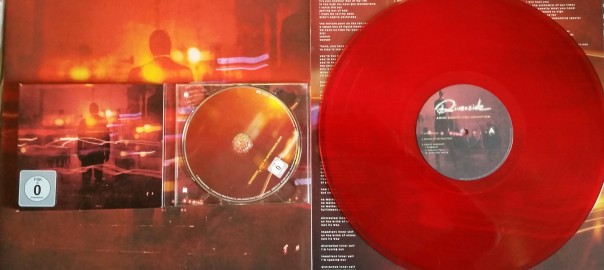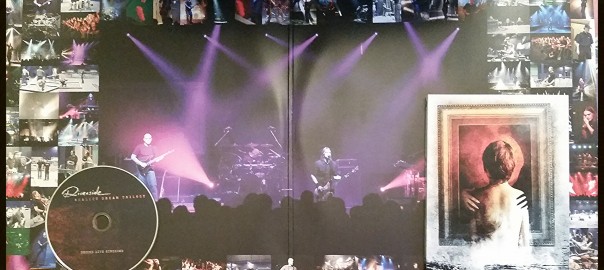The Music of 2017 Part Three: Albums No. 7 to 1
It has been an interesting year for music – lots of good releases, a few disappointing follow-ups from bands I had found earlier, strong entries in genres I did not expect. The best albums of the year examine the human condition and find it wanting, and this year the expression of it has crossed all genres: the thrash-metal anger of Heart Attack and While She Sleeps, the existential philosophy of Alex Reed (Seeming), the bleak vision of Gary Numan, the push-back rage of race and poverty from Ice-T and Ice Cube. A beloved musician – one who is no stranger to lyrics of pain as it is – placing his torn-up heart on view with an album whose intensity of self-examination is almost too personal. It has been a tough and exhilarating year for listening.
This year brings a new Lunatic Soul, always a cause for celebration even if the album itself doesn’t strike quite as hard as previous ones. Once again, a plethora of unknown names with some great releases, and well-established acts who finally caught my interest with worthy efforts. In terms of genres: still some metal, still industrial electronica, some albums on the edge of prog (but no actual prog to speak of), some albums on the edge of pop, and this year a bit of…gangsta rap. Well, as I often say, You Just Never Know.
2017 also heralded the discovery of a band whose (recent, anyway) music has hit me inexplicably hard. They have been around for thirty-five years and I suspect for most of that time I would not have paid them any attention (if I had heard of them) … but their last four albums (new producer, entirely new sound) have just blown my head off. Those albums (and the related side-project by the lead singer) have all been on pretty heavy rotation since early spring, and I don’t see that changing any time soon.
Every year brings its particular sorting challenge, but this year it is a bit different. The top two spots are not in dispute; the issue here is that these albums tower so far above the rest of the pack I have given them their own slots, and kept 15 albums for the rest. In other words, I have a list of 2 and a list of 15, or I have a list of 17…whatever.
After the first two…well, things get much harder to sort out. Most of the subsequent fifteen albums are almost equivalent in quality; the mix of genres and styles is so wide that blunt comparison may as well be decided by closing my eyes and pointing: how does one fairly compare an album of country-rock by Swedes to gangsta-metal by an experienced Los Angeles media stalwart? Each album brings its strengths, and its weaknesses, and it becomes a matter of deciding which strengths are stronger and which weaknesses are least intrusive to the listening experience. That said, the first six albums in the List of 15 are almost equal in quality. But we will start with Number 17 overall (15) and work our way up. Continue reading Welcome to the Post-Apocalypse Or: The Year of Introspection 2
